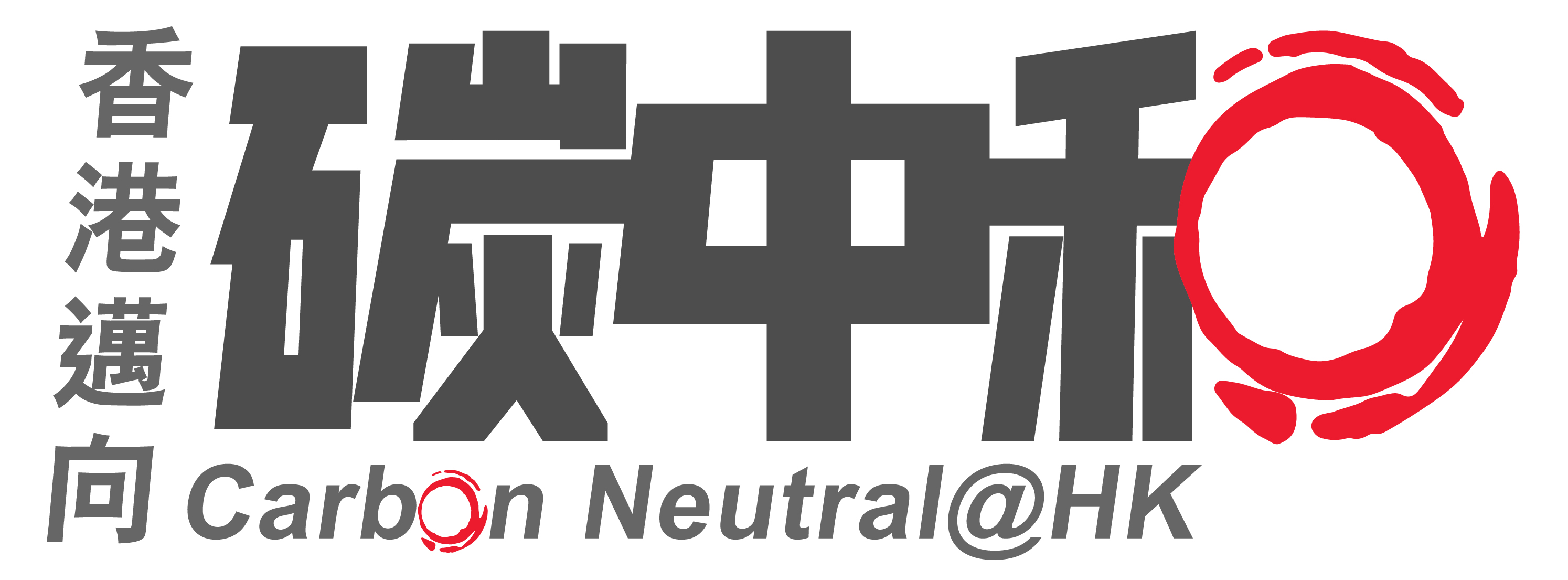FREQUENTLY ASK QUESTIONS
About Energy Saving at Home
Q1 Why is the induction cooker more energy efficient than the electric hotplate?
A1 Comparing electric hotplates of same rating, induction cookers apply electromagnetic technology to induce heat which speeds up heating and hence shorten the cooking time. According to the U.S. Department of Energy, the efficiency of energy transfer for an induction cooker is 84%, versus 71% for a smooth-top non-induction electrical unit (i.e. the electric hotplate) for the same amount of heat transfer indicating the induction cooker is more energy efficient.
Q2 How does a pressure cooker save around 2/3 cooking time?
A2 In a pressure cooker, the pressure would build up inside the sealed environment as the temperature increases such that the temperature could go beyond the water boiling point (100°C). The pressure cooker cooks very fast because of high boiling temperature and the rate will double for every 10°C increase in temperature over 100°C. Thus the cooking time will be roughly 4 times faster in a pressure cooker at 120°C, and the food will be cooked through in around one quarter of the time.
Q3 Why energy is saved by using the microwave oven over the conventional electric oven?
A3 Microwave ovens use very high-frequency radio waves to direct penetrate the surface of food to heat water molecules inside. As no energy and time is wasted upon heating up in microwave oven, it can greatly reduce the cooking time and energy consumption for preparing certain foods, especially of small amount.
Q4 Why is it recommended to shut down the oven by about 5-10 minutes earlier before the food is made?
A4 When the oven is switched off, the residual heat in the oven still maintains a high temperature and it would cool down slowly in a closed environment. With the oven door closed, the temperature in the oven drops by 20 ºC to 30 ºC (35 ºF to 55 ºF) in about ten minutes, such temperature drop should have minimal effect on the core temperature. So, with the oven door kept closed, the food could still be cooked through with residual heat at high temperature.
Q5 Why does taking shower instead of bath save 50% hot water and energy?
A5 An average bath requires 115-190 litres of water while the average shower of four minutes with a shower head uses 75 litres of water, by taking shower instead of bath uses about 50% less hot water and energy.
















